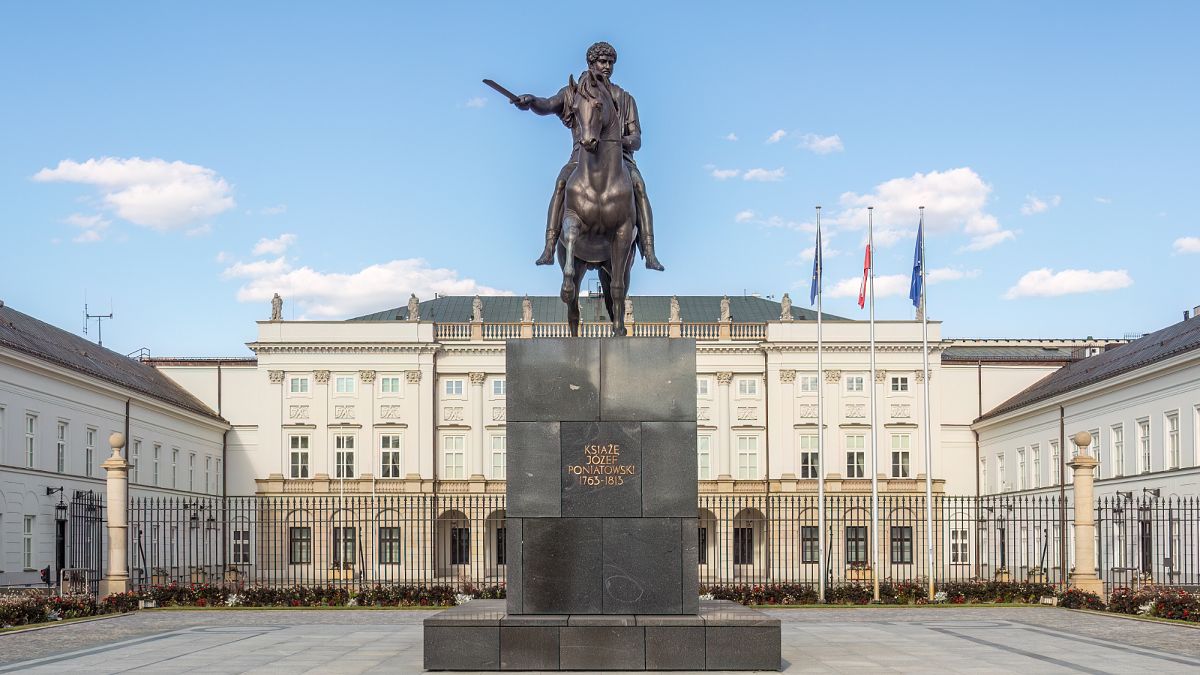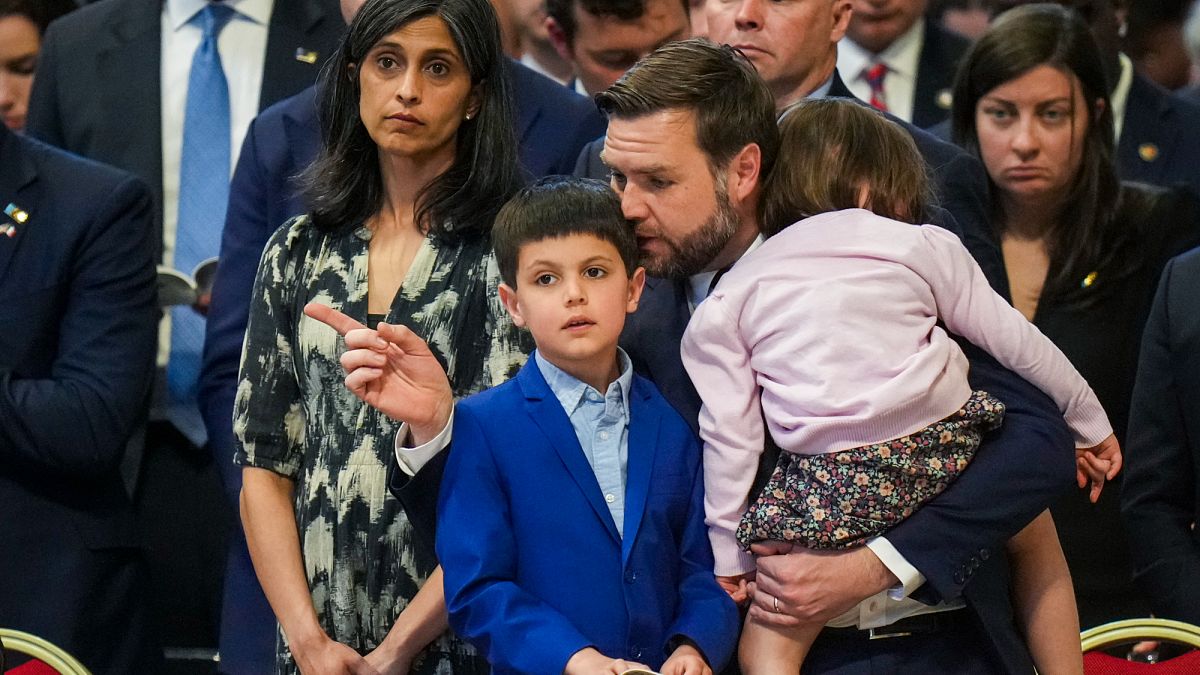Romania’s new coalition government approves a new economic plan aimed at keeping government budget deficits under control for the upcoming 2025 fiscal year.
Romania’s Prime Minister Marcel Ciolacu announced on Monday that he and his coalition partners decided to adopt new economic ‘ordinance’ measures to address governmental budget deficit issues.
The newly-elected prime minister stressed that this ordinance was not one of “austerity or poverty”, stating that the amendments to the economic outlook of the country are temporary, and will be changed subject to improvement of economic conditions.
The new plan approved a hike in taxes, and capped a series of subsidies, as well as public sector wages and pensions, which were supposed to be indexed, starting from January.
The emergency decree raises taxes on corporate dividends from 8% to 10%, and lowers a tax threshold for small companies, which in Romania are defined as companies with three staff or less and revenues not exceeding €500,000 annually.
Other changes eliminate tax exemptions and incentives for some of the country’s thriving sectors, including IT and construction. A property tax on all buildings owned by corporation was also reintroduced and set at 1%, lower than the initially drafted 1.5%.
Romania’s Finance Minister Barna Tanczos says the measures are expected to save up to 130 billion Romanian Lei (€26.14 billion) by the end of the year, in an attempt to make a significant dent in the country’s spiralling deficit crisis.
Tanczos says Bucharest’s current deficit stands at approximately 8.5% of Romania’s Gross Domestic Product (GDP), making the country, owner of the largest deficit as a percentage of GDP in the European Union, despite being the second largest central European economy.
The new finance minister added that by the end of 2025, if all goes to plan, should reduce the total deficit down to 7% of GDP. He continued saying that the government further aims to reduce the deficit to 2.5% over a seven-year period, with various incremental plans to roll out.
The measures were met with protests in the capital Bucharest, as employees of the affected fields complained about the “pay cuts”. Prison policemen also protested in front of the prisons and announced that they refuse to work overtime since they are no longer being paid for the extra hours.
Protesters warned the government that “financial crises breed social crises” and moved to label the new measures as a “new form of modern slavery”.
Hoping to remind the people that these new measures are not a return to the crippling 1980s austerity policies, Ciolacu says “Austerity was when salaries were cut by 25%, when VAT was increased from 19% to 24% or when schools and hospitals were closed."
He also expressed his confidence that pensions will either be indexed in the second half of 2025 or those with small pensions will receive one-off stimulus cheques from the government to ease the burden. The Romanian premier also pledged to gradually reduce taxes on labour by up to 5% on low wage earners and families with children.
Ciolacu says his renewed tenure is aimed at being one of reform and benefit to the country.
"In this mandate I do not intend to be popular, but to be extremely efficient! In other words, criticize me, but let Romania move forward and develop. There is no other way."
Ciolacu added that his government will also set up a government efficiency department, aimed at reducing state spending by at least 1% of GDP.

 3 months ago
32
3 months ago
32





 We deliver critical software at unparalleled value and speed to help your business thrive
We deliver critical software at unparalleled value and speed to help your business thrive






 English (US) ·
English (US) ·